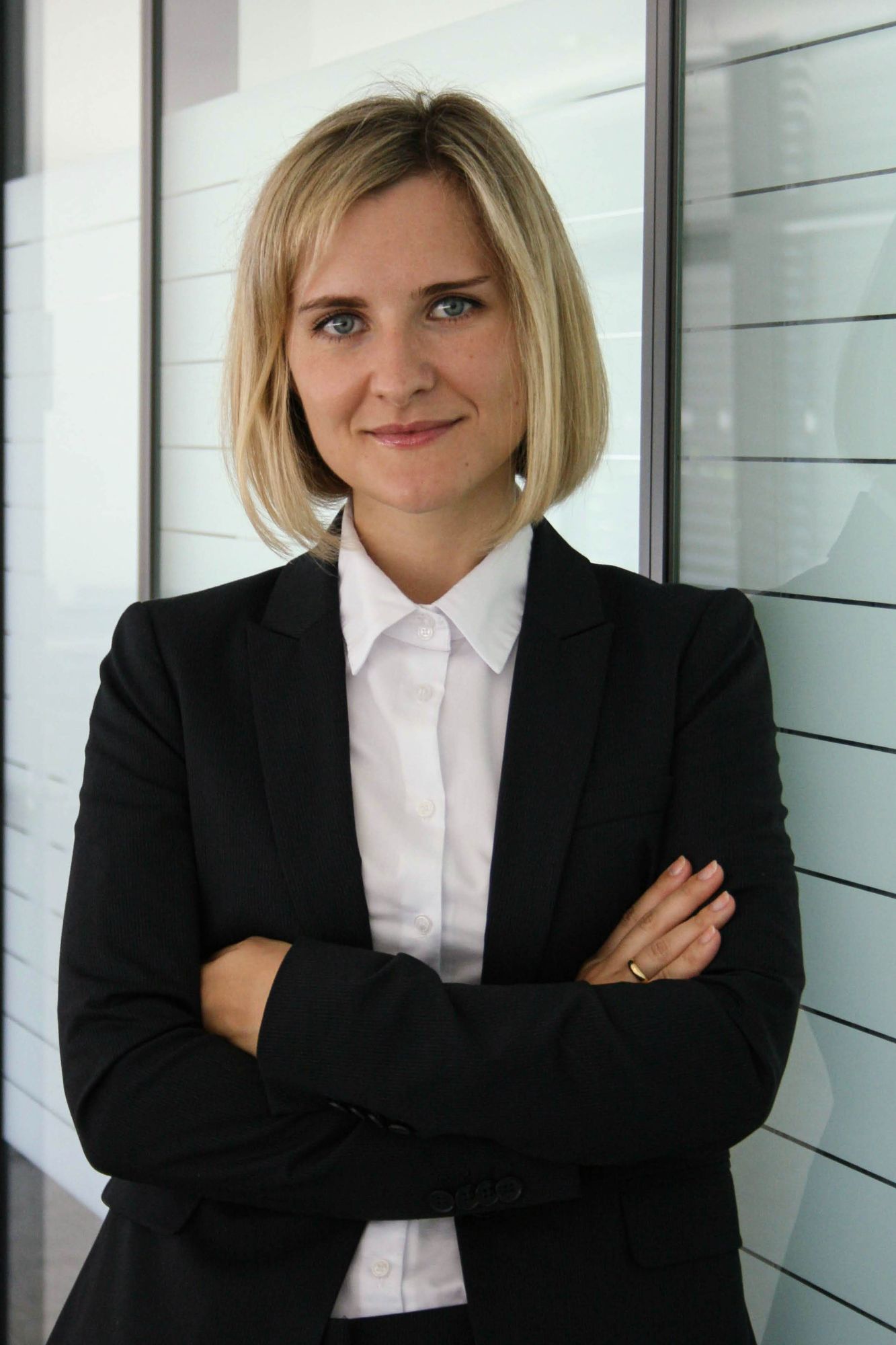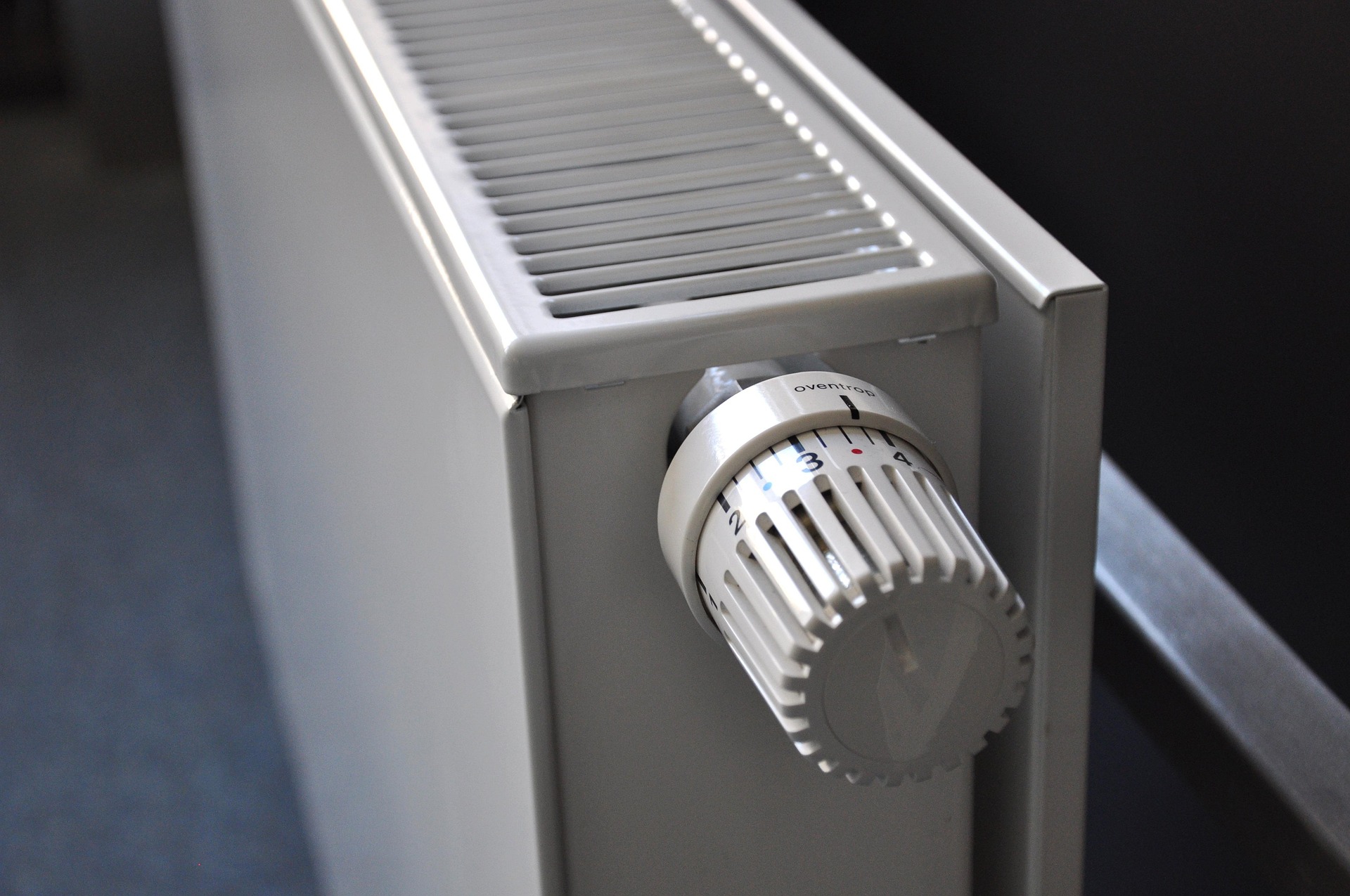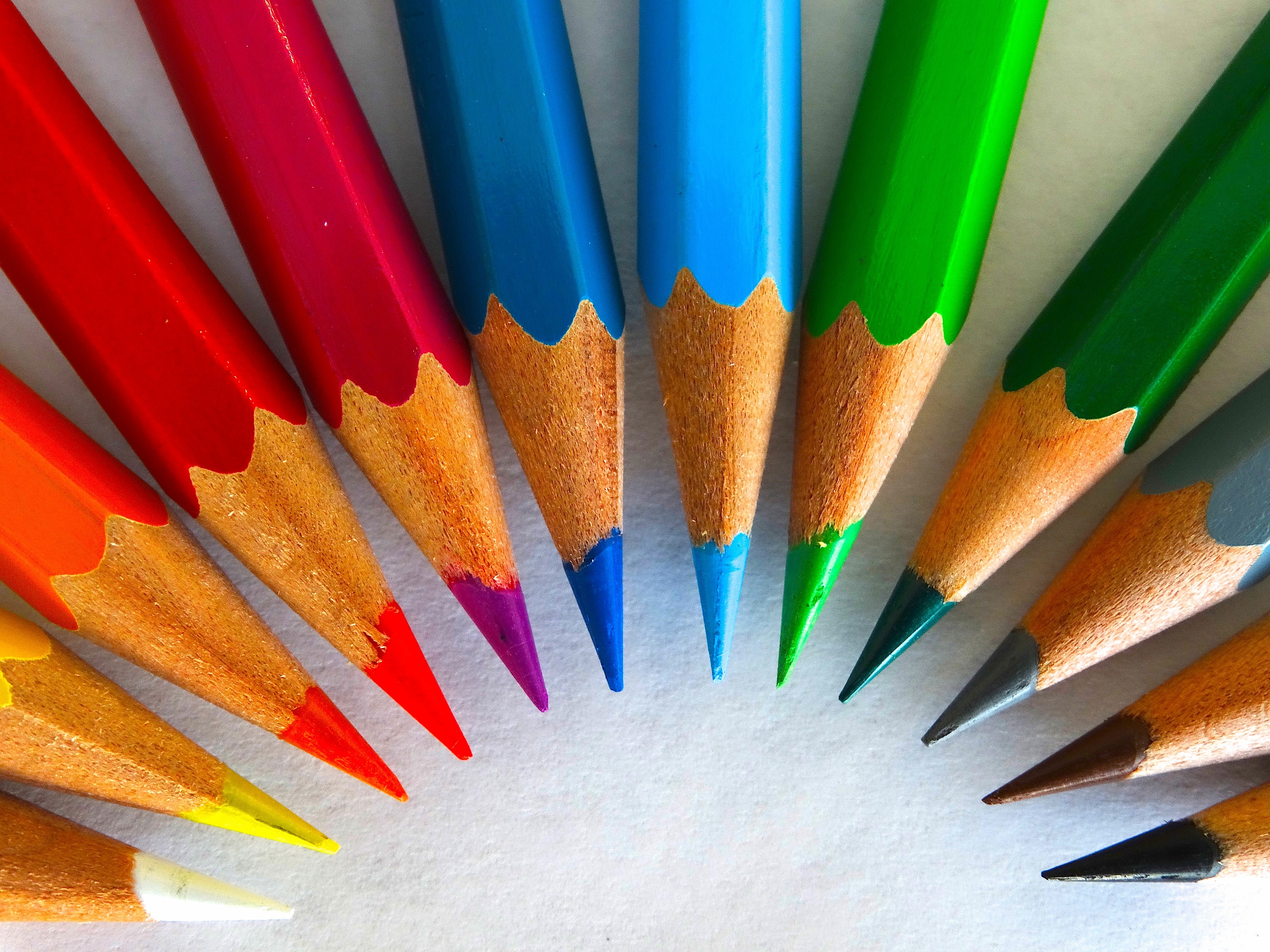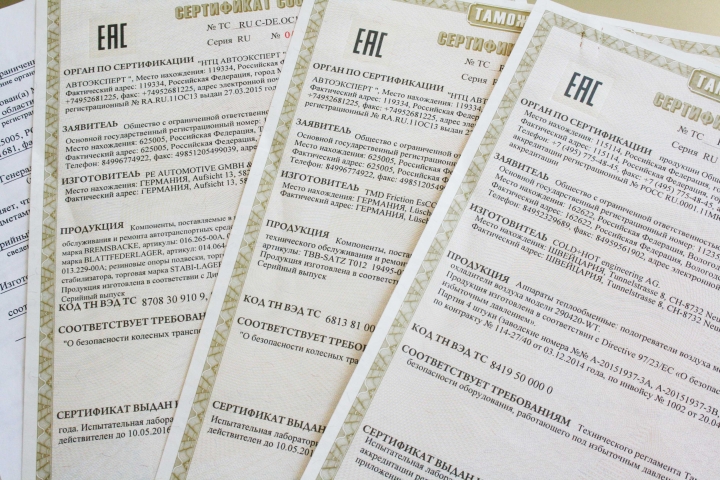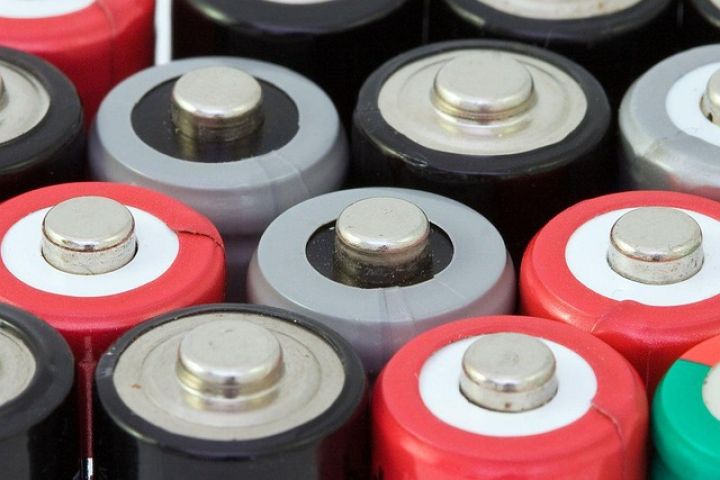
Starting from December 1, 2024, GOST R IEC 63056-2024 came into effect, establishing standards for lithium batteries. This GOST covers all aspects of production, operation, and disposal of these products, including rules for safety and efficiency.
Lithium batteries are a type of rechargeable battery that uses lithium as the main component. These batteries are characterized by high energy density, low self-discharge, and long service life. They are widely used in various fields, from consumer electronics to electric vehicles and energy storage systems.
The development of a separate GOST for lithium batteries is driven by several factors:
- Safety: Lithium batteries have high energy potential, which can lead to fire or explosion if misused.
- Quality: Standardization of production ensures high product quality and reliability.
- Environmental protection: Disposal of lithium batteries must follow specific rules to minimize environmental impact.
Contents of GOST R IEC 63056-2024
- General provisions and terminology
- Battery classification
- Technical requirements: nominal voltage and capacity, operating temperatures, and storage conditions
- Safety standards: fire prevention measures, protection against short circuits and overcharging
- Testing and control methods: electrical tests, mechanical tests for impact and vibration
- Marking and packaging: mandatory information labels, packaging rules for transportation
- Disposal and recycling rules
Certification procedure
To sell products that comply with the new GOST, it is necessary to issue a declaration according to Government Resolution No. 2425, which certifies that the products have passed all required checks and meet the necessary requirements.
GOST declaration is a compulsory declaration of conformity which declares that products compliant with all the Russian GOST standards and are safe for the consumer.
The introduction of this GOST is an important step to ensure product safety and quality in the market. The new standards will help prevent incidents related to lithium battery use and improve environmental outcomes through proper disposal. This represents a significant advancement in energy storage technology and electric vehicles, contributing to strengthening Russia’s position in the global high-tech market.
How Can We Help?
In this rapidly evolving regulatory environment, Schmidt & Schmidt offers comprehensive support for exporters to EAEU countries. Our range of services includes EAC certification, adaptation to specific product categories, and customized solutions to meet the technical and legal requirements of these markets. We are committed to making market entry and expansion in these regions easier for companies by providing up-to-date information and guidelines.
Technical expertise, attention to detail, and accuracy in document preparation are essential for the smooth distribution and use of products, machinery, or equipment within the EAEU. Technical documentation must also be written in Russian or the official language of the member country in which the product is sold or used. To avoid any issues, we are happy to assist you in preparing new technical documentation or reviewing existing documents for completeness and linguistic and terminological accuracy in Russian.
Thanks to their many years of experience, our experts can also offer you specific industry knowledge in the fields of plant engineering, mechanical engineering, metalworking, metrology, electrical engineering, automation, medical technology, food processing, and the furniture industry.
What is an EAC Certification?
In our video, we explain what an EAC Certification is and how and where to certify or declare your products for the introduction on the EAEU market.
The EAC Certification and the EAC Declaration are complex procedures that attest your products the conformity with the technical regulations of the EAEU and require a lot of know-how. Schmidt & Schmidt will support you with the certification of your products for the EAEU market.

